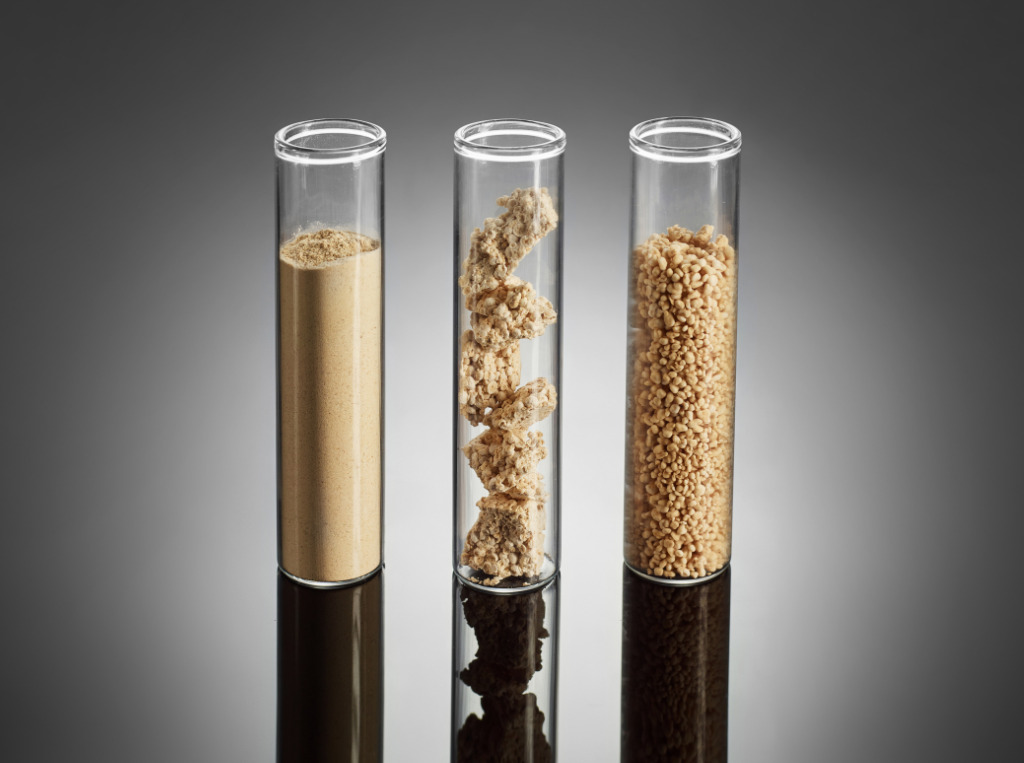Chinese Startup CellX Enters the Mycelium World to Create Hybrid Proteins with Cultivated Meat
5 Mins Read
Shanghai-based cellular agriculture startup CellX, known for cultivated meat, has ventured into mycelium fermentation to expand its portfolio of sustainable proteins. The company plans to use fermented proteins in meat and dairy alternatives and combine them with cultured proteins to make more affordable hybrid meat, with regulatory filings planned for China and overseas.
CellX’s mycelium venture comes three months after it opened China’s first large-scale cultivated meat pilot factory. At the time, the company had stressed the importance of price parity with animal-derived meat, with production costs at well below $100 per lb of cultured meat already (although it would need to reach $2.92 to be price-competitive).
The new mycelium programme helps this cause. CellX says mycelium proteins have near-term advantages in both cost and scale and have differences in raw material performance. This will help supplement the company’s mid-range protein product portfolio.
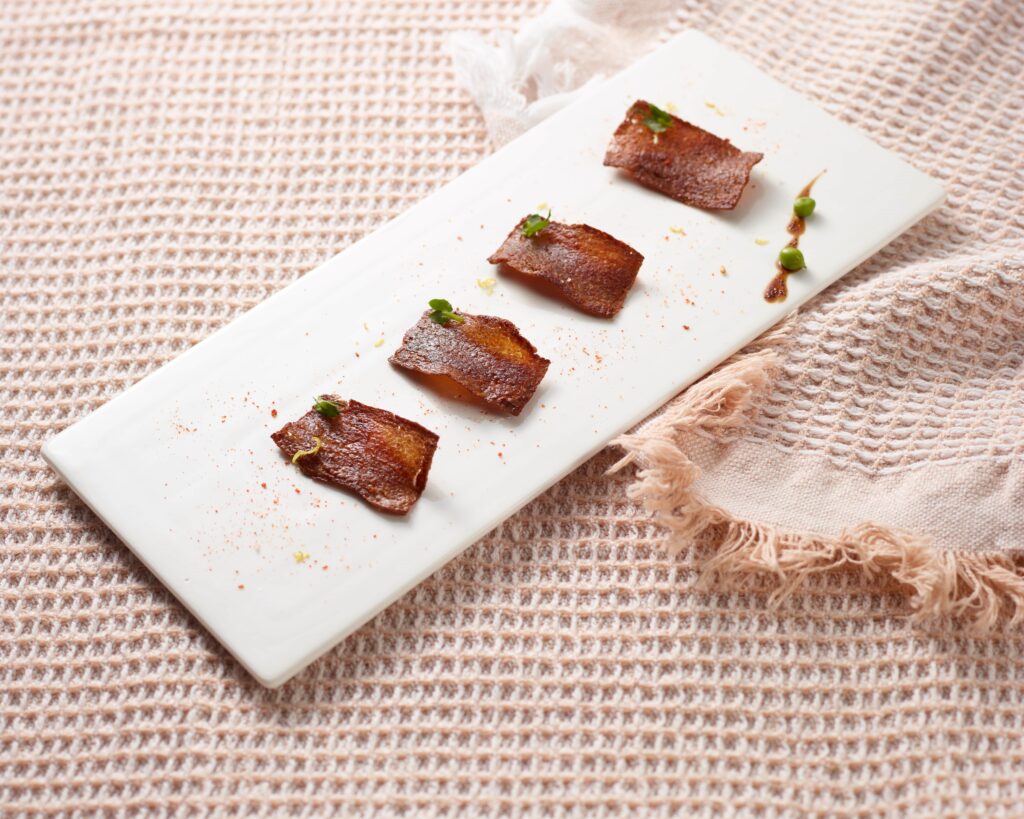
CellX’s fermentation protein raw material uses a mycelium strain that boasts over 40% protein and over 20% dietary fibre, and is rich in trace elements and active ingredients like antioxidants. Plus, its amino acid score coefficient is as high as 0.98, which is on par with conventional beef.
After screening for 2,000 microbial strains, the company has found several fungi strains suitable for fermentation in collaboration with “well-known institutions in China”. It has already commenced its fermentation process, with a pilot production of 10 cubic metres. And it intends to partner with downstream developers to create new meat and dairy alternatives as well as functional foods using its mycelium protein.
Advancing the hybrid meat category in China
CellX will also tap into the cost-effectiveness of mycelium fermentation to “enhance the competitiveness” of its cultivated meat portfolio by creating hybrid meat products – which combine cultivated proteins with plant-based and fermented ones. This reduces the cost of cultivated meat, which as mentioned is still far from price parity, and ensures the same, “if not better”, nutritional profile as conventional meat.
The company has previously showcased hybrid products, exhibiting a cultured minced pork product mixed with plant protein in 2021. CellX believes these are “ultimately a more compelling product choice for the consumer”. It’s a path taken by several companies globally, allowing them to go to market faster, given the cheaper production costs and more scalable manufacturing aspect.
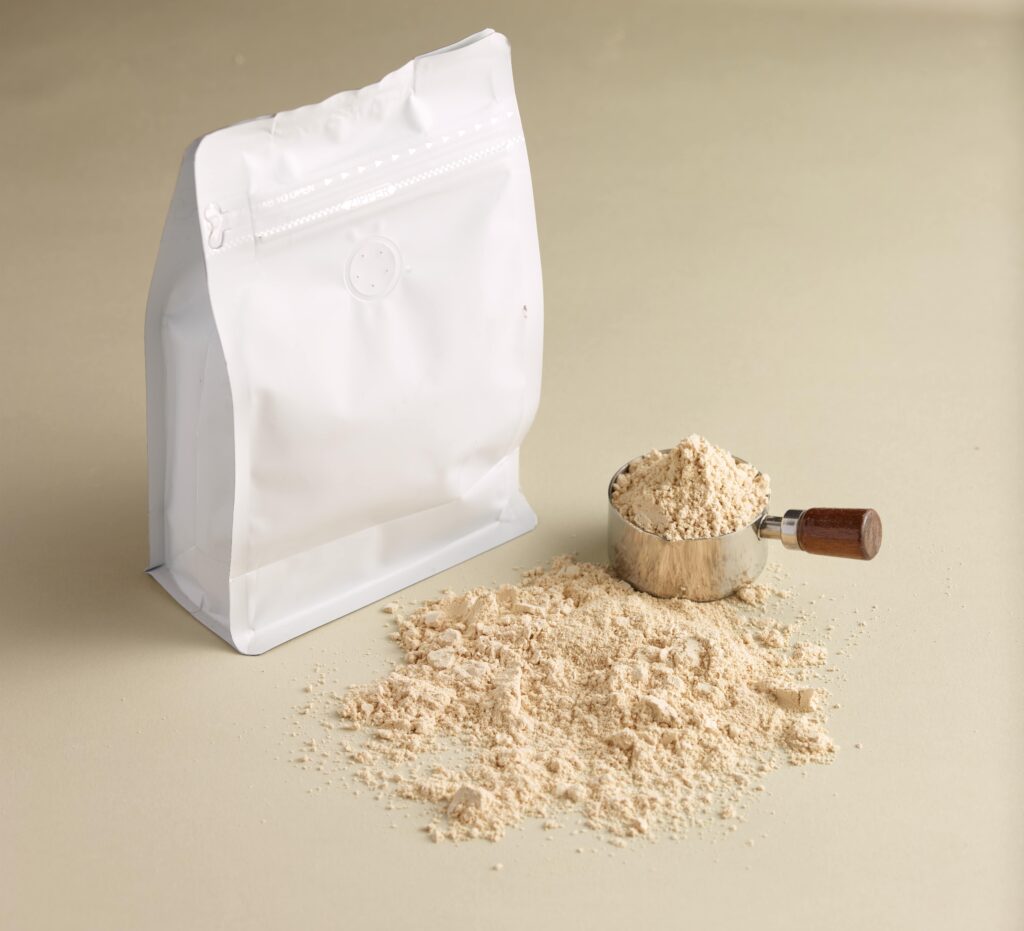
CellX’s mycelium venture is a shrewd move, given that it’s a market set to grow by 7.7% annually to reach $5.21B in 2030. According to one estimate, China produced 75% of mycelium globally in recent years. But while there are a host of companies working with fungi-based meats around the world – like Meati, Quorn and Libre Foods, to name a few – there aren’t many doing so in China. Last year, Shanghai-based 70/30 Food Tech became the country’s first mycelium protein company.
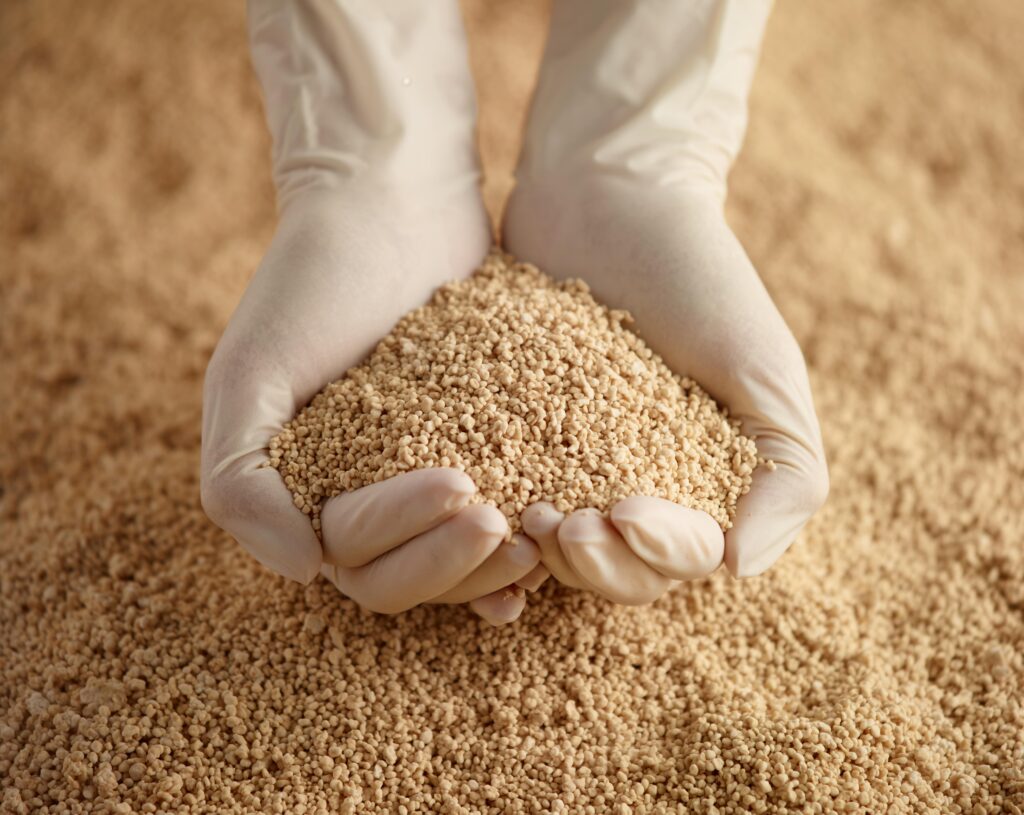
Other companies working with fermentation proteins in China include ProTi Food Tech, Blue Canopy, Changing Bio and Geb Impact Technology. In a report evaluating the fermentation protein market in China, Tao Zhang, co-founder of Chinese alt-protein investment firm Dao Foods, wrote: “The fermentation approach has a lot of potential in China given its history in the country, China’s manufacturing advantage, and its relatively faster speed in terms of mass commercialisation.”
He added: “Without a doubt, China can play an important role in both the strategy and execution of any new protein company [that] has the wish and will to learn and take advantage of what China can offer on this front for these reasons.”
Outside China, California’s The Better Meat Co. and Israel-based Mush Foods both make mycelium-based proteins for applications in blended meat (which refers to a mix of conventional and plant proteins).
Regulatory approval and government support for alt-protein
CellX, which has raised over $20M following a Series A+ round in June, has earmarked 2025 as a launch year for both its cultivated and fermented proteins. Its co-founder and CEO Ziliang Yang previously confirmed to Green Queen that the company was planning to file for regulatory approval for its cultured meat in Singapore and the US – the only two countries that have cleared the sale of these products.
Now, the company says it’s preparing to submit an application to regulators in both China and abroad for its mycelium protein. A report earlier this year by Asia Research Engagement suggested that 50% of China’s protein consumption must come from alt-protein sources if it is to decarbonise, with 24% coming from plant-based proteins, 16% from fermentation-derived protein, and 10% from cultivated meat/seafood.
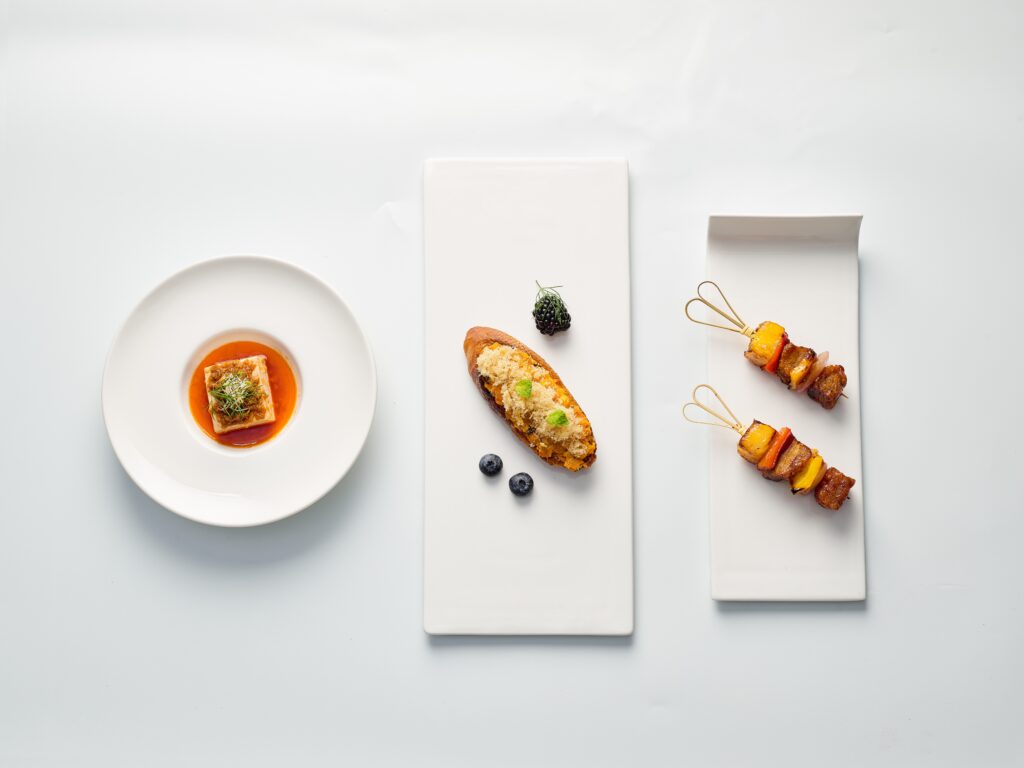
This spells an opportunity for CellX, which is working on cultured beef, pork, poultry and seafood, especially given the fact that China’s one-billion-plus population leads the world in meat consumption. There’s also proof that consumers are interested in cultured meat, with one survey revealing that 90% of its citizens are willing to combine their meat intake with cultivated proteins. Last year, the industry association the China Cellular Agriculture Forum (which includes CellX) held its first event, attended by about 30 companies.
There is government support too. Last year, China included cultivated meat and future foods in its five-year agricultural plan. And earlier this week, the UN Food and Agriculture Organization collaborated with the China National Center for Food Safety Risk Assessment to host a roundtable meeting on cultivated food production and precision fermentation. The meeting provided international stakeholders to discuss the latest developments in regulation and production, an event that CellX called “a significant milestone in the development of cultivated meat and precision fermentation in China”.


